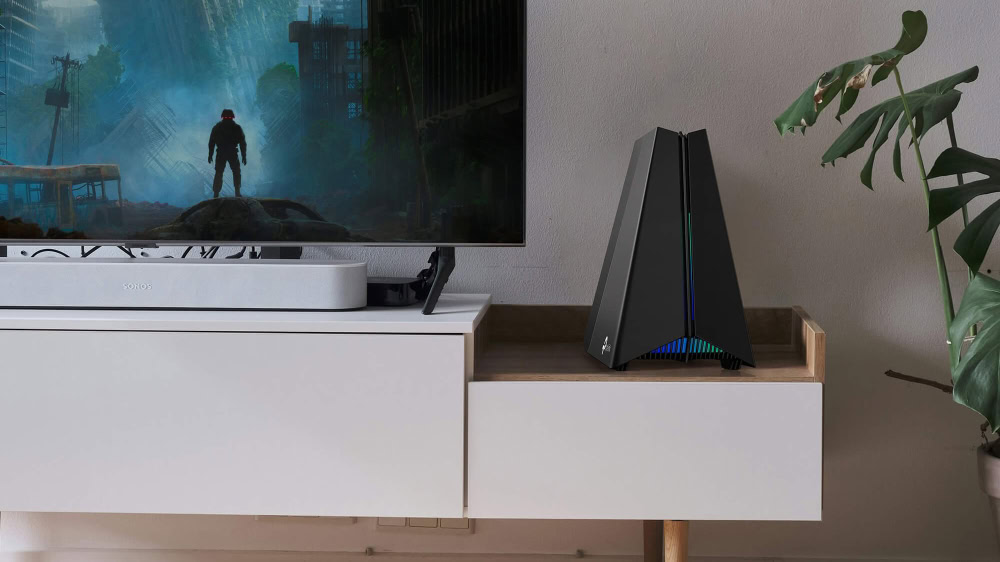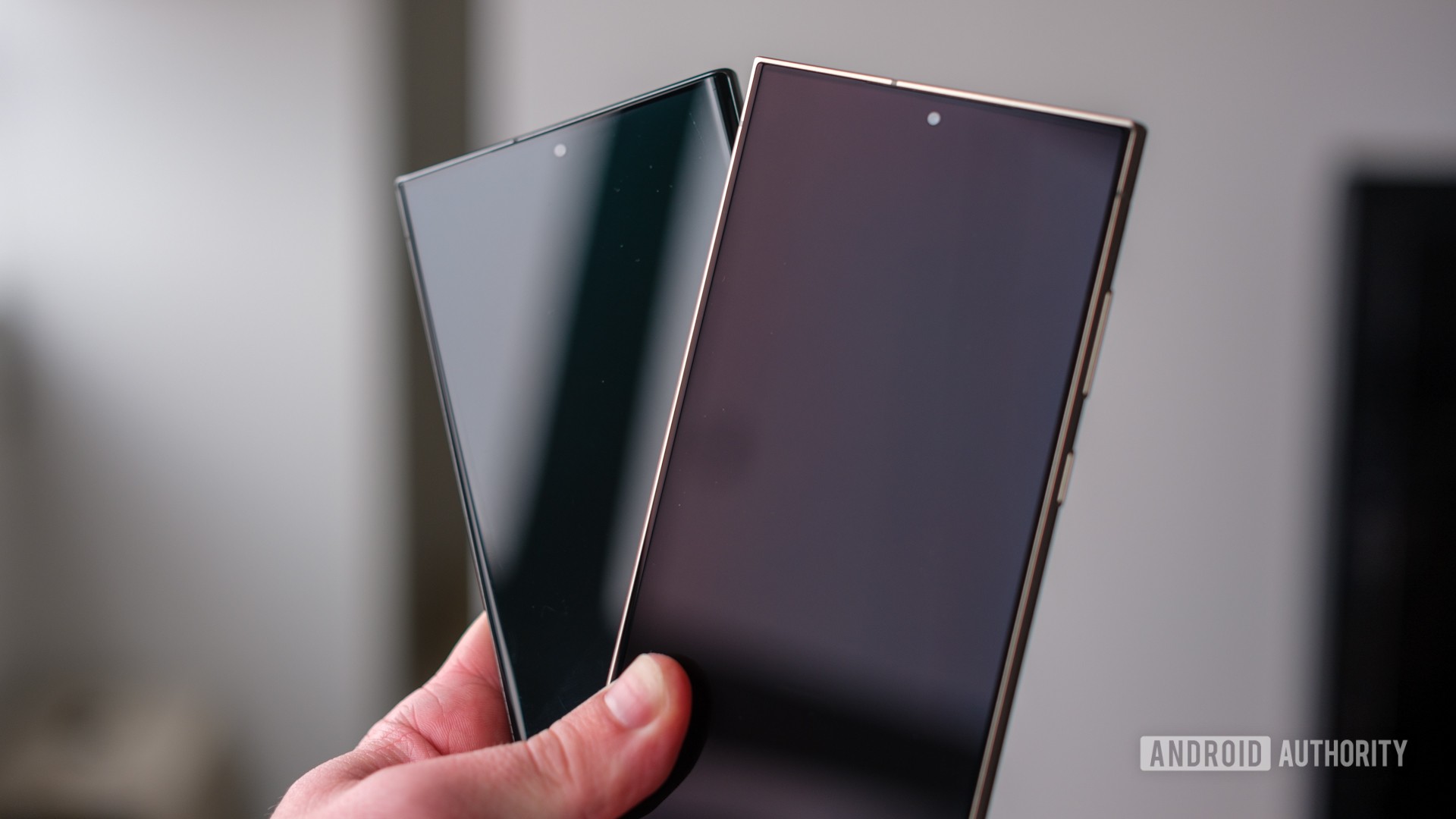Ryan Haines / Android Authority
TL;DR
- Code within the Android Open Source Project suggests that Android 15’s upcoming audio sharing feature won’t be available on the Pixel 8a or older Pixel devices.
- Audio sharing is a feature that lets you broadcast your phone’s audio to nearby devices that support Bluetooth LE Audio.
- While the Pixel 8a and even Pixel 7 series do support Bluetooth LE Audio, Google doesn’t seem to have plans to enable the requisite broadcasting roles.
If you want to privately share whatever you’re listening to with your nearby friends or family members, you typically need either a complicated wiring setup with splitters or everyone to have the same brand of device. That’s because most mobile devices and wireless headsets that support Bluetooth don’t also support the standard’s LE Audio broadcasting feature, which standardizes how devices broadcast audio to one or more nearby devices over Bluetooth Low Energy.
While the best Android phones on the market already support LE Audio and are theoretically capable of supporting its broadcasting feature, it’s possible that not every LE Audio-capable device will gain broadcast support. Take, for example, Google’s Pixel 8a and Pixel 7 series. While these devices do support LE Audio unicasts — sending audio over Bluetooth LE to a single headset — they’re poised to miss out on LE Audio broadcast support, according to an Android Authority analysis.
Earlier this year, we shared a first look at one of the most exciting new features of Android 15 called Bluetooth audio sharing. Audio sharing is the user-facing name that Google has given for Bluetooth LE Audio broadcasting, which is Auracast, as marketed by the Bluetooth SIG. The audio sharing page in Android 15 makes it easy for users to start or connect to an Auracast broadcast, but it’s only available on devices that support LE Audio broadcasts. To test the feature out, I needed to enable LE Audio broadcast support manually on my Pixel 8 Pro as well as enable Android 15’s audio sharing feature. Then, I started a broadcast on my Pixel 8 Pro and connected to it using some of my Auracast-capable Samsung devices.
Enabling LE Audio broadcast support on my Pixel 8 Pro was quite simple because the firmware support for it was already there. In fact, all I had to do was set two system properties — bluetooth.profile.bap.broadcast.assist.enabled and bluetooth.profile.bap.broadcast.source.enabled — to “true” for LE Audio broadcast support. These system properties, respectively, enable the Basic Audio Profile (BAP) broadcast assist role and source role. The assist role enables devices to discover and connect to Auracast streams, while the source role enables devices to transmit Auracast streams.
Neither system property is enabled by default on any Pixel device right now, including the Pixel 8 Pro. However, if you compile an Android build for the Pixel 8 or Pixel 8 Pro using the RELEASE_PIXEL_BROADCAST_ENABLED flag, then these two system properties are automatically added and enabled. Notably, the device make-file for the Pixel 8a is missing the conditional statement that inserts these system properties. This doesn’t mean it can’t be added later, but it’s curious that it’s only missing for the Pixel 8a and not the Pixel 8 or Pixel 8 Pro.
To clarify, I asked some sources if they had any additional information to confirm whether this is intentional or if it’s being added in the future. One source shared that they saw evidence suggesting that Google intends for LE Audio broadcast support to be reserved for “leading phone[s]” in the Pixel lineup, which suggests that it’s intentionally being held back from the Pixel 8a. I reached out to Google to see if it could offer a comment and will update this article with that statement if I hear back.
Withholding Bluetooth LE Audio broadcasting support from the Pixel 8a would be disappointing but ultimately not surprising. After all, it wouldn’t be the first audio-related feature reserved for Google’s premium phones since spatial audio is notably missing on any A-series Pixel. Speaking of which, you can clearly see in the Pixel 8a’s make-file that, while the spatial audio system library is included, the system property that declares the device supports spatial audio is missing, in contrast to the Pixel 8 and Pixel 8 Pro.
Device make-files are a great way to define which files and properties to include in an Android build, so the fact that there’s no mention of the requisite LE Audio broadcast properties in the Pixel 8a’s make-file suggests the feature won’t be available on the device. We’re hoping this won’t be the case when Android 15’s audio sharing feature eventually launches, as it would be a bummer if only the Pixel 8, Pixel 8 Pro, and Pixel 9 series support the feature. Unfortunately, it’s possible the Pixel 7 series won’t support the feature either, as their make-files also don’t declare any LE Audio broadcast properties. Similarly, the Pixel 6 series will definitely not support the feature, as they don’t even support Bluetooth LE Audio.
Got a tip? Talk to us! Email our staff at [email protected]. You can stay anonymous or get credit for the info, it's your choice.








 English (US) ·
English (US) ·